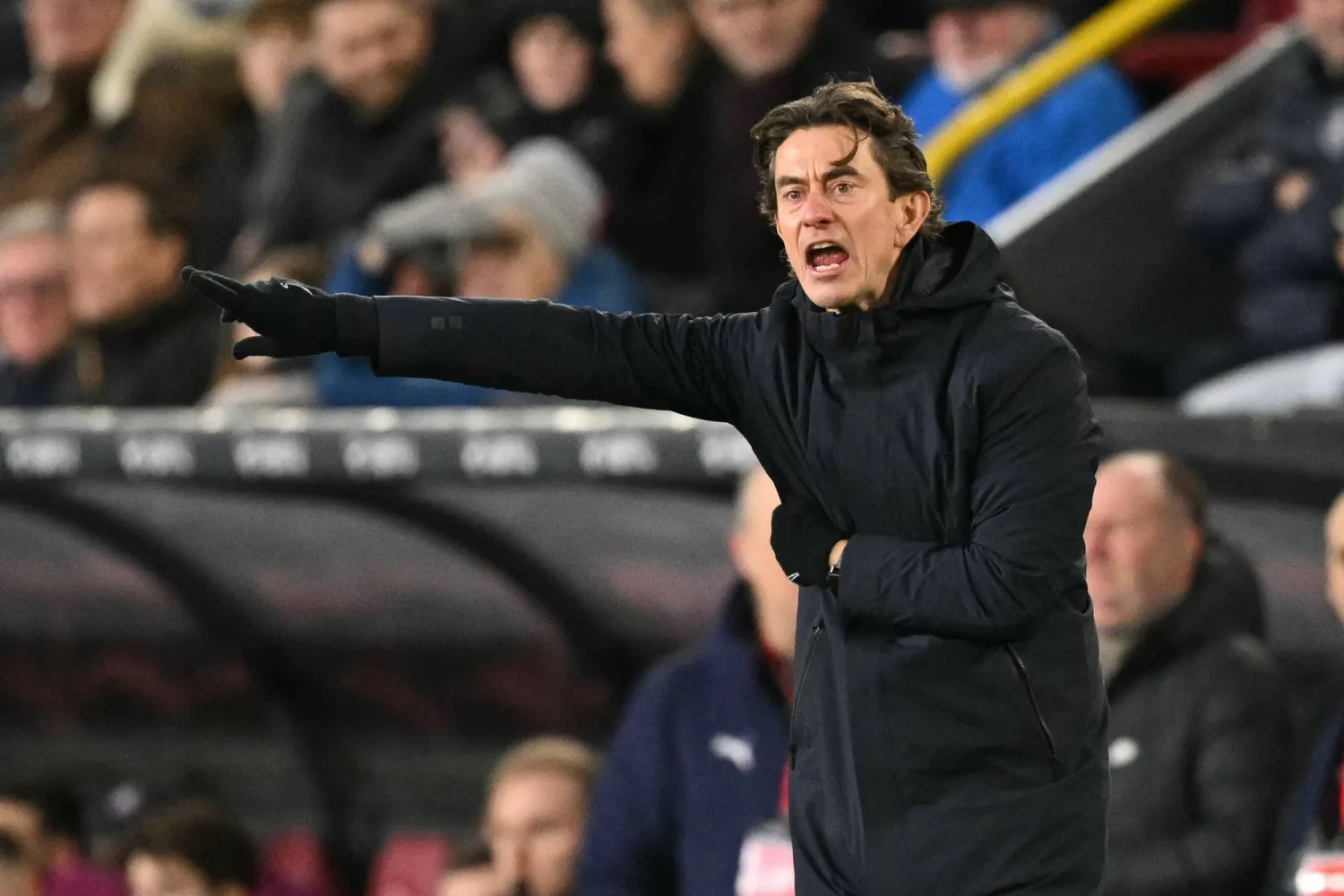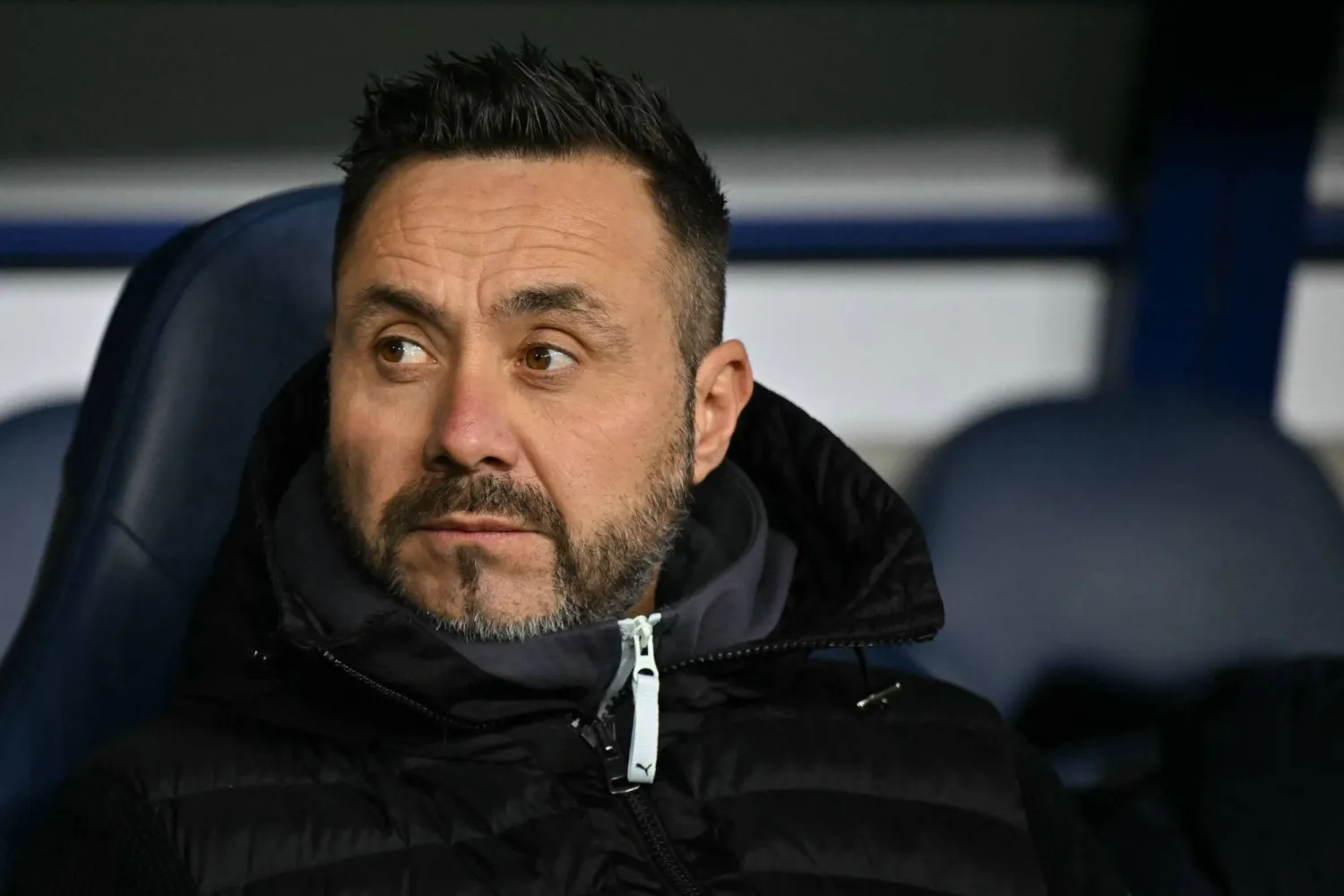West Ham United are feeling very pleased with themselves at the moment. Relieved, too. After making a spectacular show of themselves in the transfer market last summer, when they started out with hopes of luring Alexandre Lacazette to east London and ended up convincing themselves that Simone Zaza was the answer, this time they have been assertive. In the past fortnight alone they have signed England’s No1 on loan, one of their rivals’ finest talents and a striker who scored 59 goals in 156 games for Manchester United.
“A great window,” David Gold tweeted after Javier Hernández’s arrival on Monday – and for once supporters did not rush to complain about broken promises. Last year David Sullivan said that signing a top striker was his biggest priority, before the man who fancies himself as West Ham’s director of football produced Zaza, Jonathan Calleri and Ashley Fletcher. This time he can show off Hernández, an established poacher with international pedigree. The Mexican will be serviced by Marko Arnautovic, whose wing wizardry should get bums on seats at the London Stadium after his arrival from Stoke City, and at the other end Joe Hart will prove Manchester City were wrong to ditch him.
It looks like an excellent plan on paper. Last summer West Ham conspired against themselves by buying in bulk, opting for cheap quantity over quality. Now they appear to have strengthened by signing proven Premier League performers. With fees growing ever more exorbitant, paying Bayer Leverkusen £16m for Hernández is regarded as canny business, while spending £24m on Arnautovic is simply the kind of thing that happens in 2017. In the context of Everton’s willingness to offer £45m for Gylfi Sigurdsson, Arnautovic almost looks like a bargain.
Yet Stoke bought him for £2m four years ago. Now the Austrian is West Ham’s record signing. André Ayew previously held that mantle. The Ghanaian had been at Swansea for a year before they made a £20m profit on him.
Amid the excitement, it is also possible to have misgivings about the profile of West Ham’s recent signings. Arnautovic is 28, Hernández is 29 and Hart is 30. The window began with the arrival of the 32-year-old Pablo Zabaleta on a free from City, and an uncharitable way of framing this frenzy of activity is that West Ham are in danger of becoming a destination for players looking for their last big payday.
If there was one moment that encapsulated West Ham’s mediocrity last season, it was the sight of their players during the 4-0 home defeat to Liverpool in May. A flowing Liverpool counterattack culminated with an insultingly simple goal for Philippe Coutinho. Slaven Bilic knew that something had to change.
Aside from the obvious gulf in class, what really troubled Bilic was how leaden his team were in comparison to Jürgen Klopp’s flyers. While Liverpool boasted strength and speed, qualities that are indispensable in the modern era, West Ham looked ponderous, slow and old, and Bilic did not allow the absence of several key players to blind him to the fact that a lack of energy was a problem all season. It could not be right that Michail Antonio was his only pacy prominent attacker, which is why the manager spoke pointedly about wanting to inject more athleticism into his squad while discussing his summer plans in May.
When they signed the 33-year-old José Fonte and the 29-year-old Robert Snodgrass for a combined £18m in January, the outlay could be justified as retail therapy after Dimitri Payet’s return to Marseille. Bilic’s comments about the Premier League’s physicality hinted at an awareness of the need for more athleticism. Then West Ham signed Zabaleta.
“We had a policy up to now to buy players for tomorrow, not today,” Sullivan said this week. “We made a decision with the manager to buy players proven in the Premier League, who’ve been here before and who are of an age where they’re not being bought for tomorrow – but today. Long term it’s not a great strategy but short term it is. Hopefully we’ll buy one or two more players, investments in the future, while at the same time doing what’s best for the club.”
West Ham were desperate for a right‑back and the Argentinian was one of the best in England for many years. He is a good professional and they loved him at City. But he has not been the same since a serious knee injury; Jesús Navas was above him in the pecking order by the end of last season.
There is a sense that West Ham are locked in a spiral of almost making the right decision with their money. They want to make it to the next level, but are unsure of the clearest route. Hart is a glamorous signing, a star name. At his best, he is an outstanding goalkeeper, yet his form has been worryingly indifferent for a while. He struggled at Torino last season and he might only be at West Ham for a year, at which point they will have to contend with an unhappy Adrián, who has paid a heavy price for a poor patch last autumn.
Hernández, meanwhile, is a lethal finisher who excelled in his first year at Leverkusen, but the former United forward had less joy in Germany last season, and it remains to be seen whether he possesses the physical attributes to lead the line every week for a mid-table Premier League side.
Perhaps the strategy of targeting established talent will enable West Ham to consolidate themselves as a top-half club before aiming higher. Yet it is worth pausing to consider that Snodgrass, signed as Payet’s replacement six months ago, has been replaced by Arnautovic after half a season. That is the price of short-termism: it exposes the lack of a plan. Identity disappears. It is why West Ham have signed 33 strikers in the past seven years. Bilic wanted them to think and act faster, but they run the risk of always playing catch-up.
The Guardian Sport









